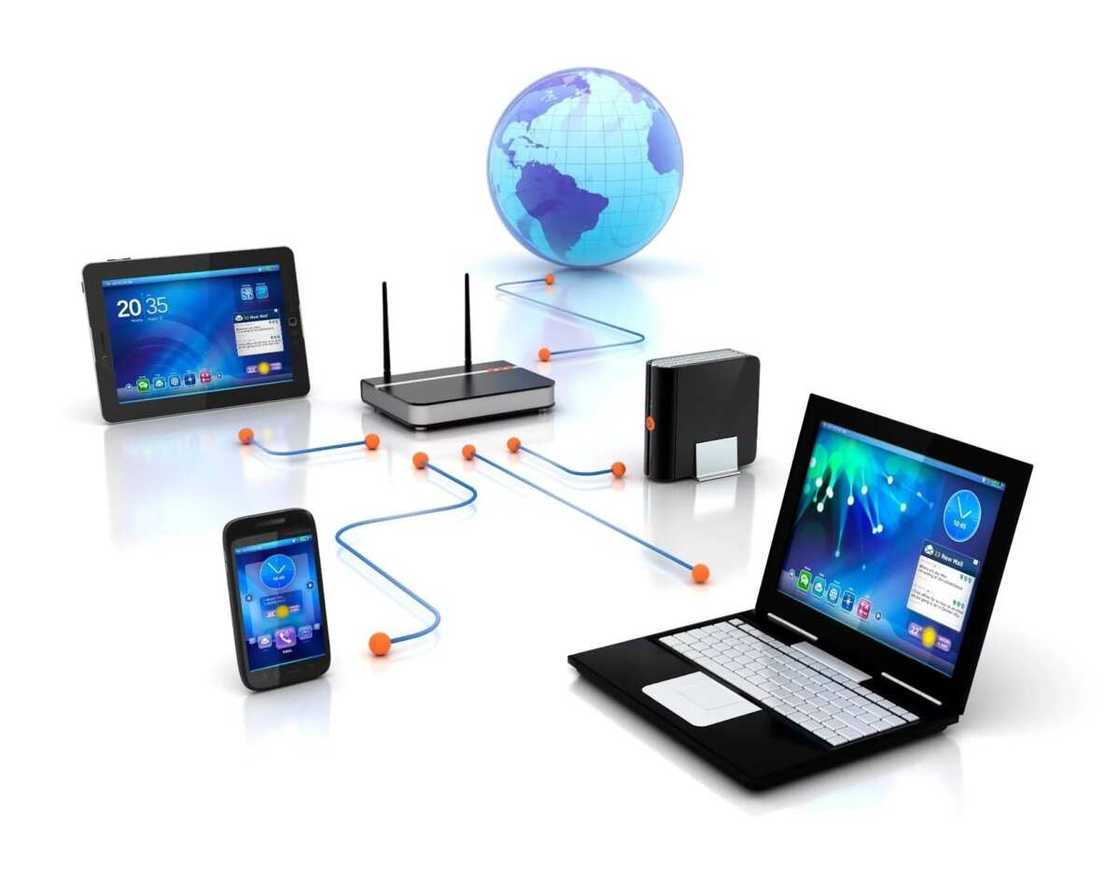History of ICT in Nigeria
Information and Communication Technology (ICT), is highly important in business, academia, economy. ICT is the driving force of many monumental changes and innovations. Specialists say that ICT is really changing the world, so let's try to understand what is ICT, what is its role and impact?

History of ICT in Nigeria
ICT opened access to education and knowledge. A big breakthrough in ICT technologies occurred in the 1960s. Computers, Internet, and Web changed our lives.
Nigeria is the most populous country in Africa. The country has huge urban growth rate at present time. This is a good condition for the upsurge of Internet usage, and the usage of ICT technology in such areas as education, health, agriculture, business, government, and transportation. Such development has been observed since the last 15 years.
Internet usage level in Nigeria in 2012 was less than 16% and this is a very low rate. In 2013 Nigeria had 1.38 Mbps of average download speed. The rate is extremely low in comparison with 10.1 Mbps - the download speed of USA.
In 2012 28.4% of the population were Internet users. In 2013 the download speed increased to 5.22 Mbps.

READ ALSO: History of entrepreneurship in Nigeria
The National Information Technology Policy was approved in March of 2001. There also appeared such organization as National Information Technology Development Agency which made Nigeria an ICT-capable country and the main player in the ICT in Africa.
Nigeria started to use ICT technologies as a catalyst for sustainable development and the competitiveness on the international arena.
In 2012 the new policy concluded a document of mission statements and vision of ICT policy in the country.
So there was two point in the document:
- Vision: to make the country globally competitive and knowledge-based society.
- To integrate ICT into the socio-economic development of the country.
- To transform Nigeria into a knowledge-based economy country.
The strategic development plan "Vision 20-2020" contains many important goals for ICT development. The globalization and impact of ICT on society made the development of ICT highly important for Nigeria as an emerging market.
Nigerian ICT development is under the rapid transformations especially in the field of mobile communication. In 2013 about 83% of the population (166.6 million people) were active subscribers of mobile phones. ICT has huge potential to transform a society. ICT can reduce the rate of poverty and improve the economic and social status of people.
What is ICT?
It is difficult to overestimate the importance of ICT. Intellectuals and scholars gave a large number of definitions and important descriptions of ICT. Information and Communication Technology has no universally accepted definition because the methods, concepts and applications of ICT are constantly evolving.
The concept is divided into three:
- Information
- Communication
- Technologies
A major function of ICT is it being a tool that helps organizations, businesses, and individuals to use information in the most accessible and convenient way. ICT covers all the products or devices that can transmit or receive, manipulate or retrieve information in digital form.

ICT involves not only the technology but also the processes of retrieving, storing or transmitting digital data. ICT includes any computing hardware and the hard and software for operating the networks for transmission of information.
The application of ICT is very crucial especially in renewable energy, agriculture, environmental conservation, and water. The population is rapidly growing but the resources are depleting so, we need to evolve the judicious utilization of resources. Of course, information can not be the only panacea to poverty, hunger, diseases or illiteracy. But the information, if used the right way and in the right time can help bring solutions. The values of ICT lie in stimulating growth and development through smooth socioeconomic activities.

Read also
Analyst reacts as Tinubu's government moves to include illegal activities in GDP calculation
READ ALSO: Best IT training institutes in Nigeria
Source: Legit.ng



